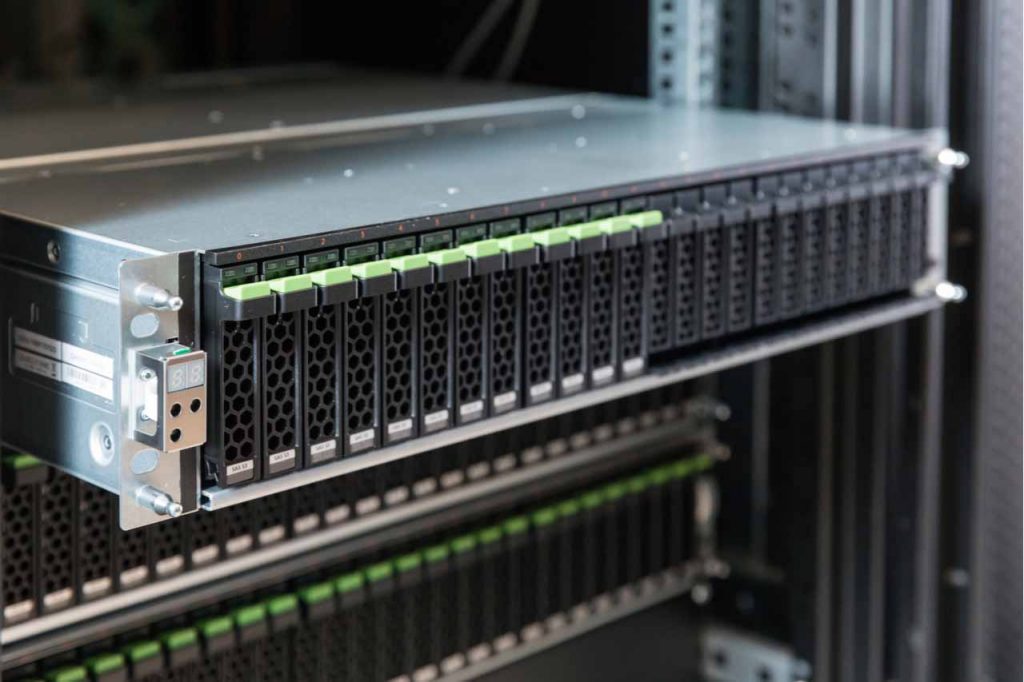
The electronics recovery business is escaping widespread regulations that are closing companies in other fields. | Mikhail Starodubov/Shutterstock
E-scrap and ITAD operations are largely falling into the category of essential services amid the coronavirus pandemic. Although that doesn’t mean smooth sailing, it allows recycling facilities to stay open alongside other critical industries.
The coronavirus crisis has caused drop-off recycling sites to close and companies to suspend device collections. Meanwhile, businesses in most sectors are putting IT refresh projects on hold. In turn, less volume is coming into processing facilities.
But the electronics recovery business is escaping widespread regulations that are closing companies in other fields.
The Institute of Scrap Recycling Industries (ISRI) compiled a comprehensive list of state orders with links to government documents. ISRI identified 17 states that specifically reference “recycling” in their regulations identifying essential businesses. Elsewhere, recycling, including e-scrap and ITAD, is generally being interpreted to be essential in broader definitions.
The National Association for Information Destruction (NAID) said the guidance from the U.S. government and multiple states indicates “IT asset disposal and secure data destruction are included in ‘essential services.'”
NAID pointed to the Cybersecurity and Infrastructure Security Agency (CISA) document that designates a variety of information technology support services as essential. The guidance also included numerous cybersecurity-related sectors as essential businesses.
Although state guidance in New York doesn’t specifically reference electronics recycling, taken as a whole, NAID pointed out the activities described within the order are all applicable to the industry. The New York regulations describe recycling, “storage for essential businesses,” “services related to financial markets,” “security” and “logistics” as essential services.
Processors in different parts of the country have noted the important role their businesses play as the U.S. moves through an extraordinarily challenging period.
‘Service the communities we call home’
For New York processor Sunnking, the state’s business-closure order designating “recycling” as an essential sector was key.
“This allows Sunnking to continue its operation and service the communities we call home,” the company told customers.
Cascade Asset Management reported it is considered an essential business operating in a limited capacity under regulations in Indiana and Wisconsin, the states where it operates. When the regulations were being developed, Cascade made the case to lawmakers in Wisconsin and Indiana that ITAD is an essential industry.
“We provide pickup and removal services to various other essential organizations, including those in healthcare, banking, distribution, and retail services that have been called to respond to COVID-19 and need equipment removed from their locations,” the company wrote. “Cascade is engaged to protect the security interests of these organizations by destroying personal health information and other sensitive data from storage media.”
Cascade also described its efforts to provide refurbished electronics to students, healthcare organizations, government entities and other essential service sectors.
In some cases, even when a company can stay open, the “essential” determination is impacting how recycling businesses operate. Cascade recently reported it has suspended device pickups, unless they are from organizations in essential industries or are needed for security reasons or other similar demands.
“If the organization cannot postpone the pickup, Cascade will work with the organization to find a safe way to collect and remove the equipment,” the company wrote.
More stories about regulation/oversight
- CA starts OEM requirements for battery-containing devices
- Wisconsin E-Cycle report reflects increasing access
- Illegal e-scrap imports blocked in Malaysia, Thailand